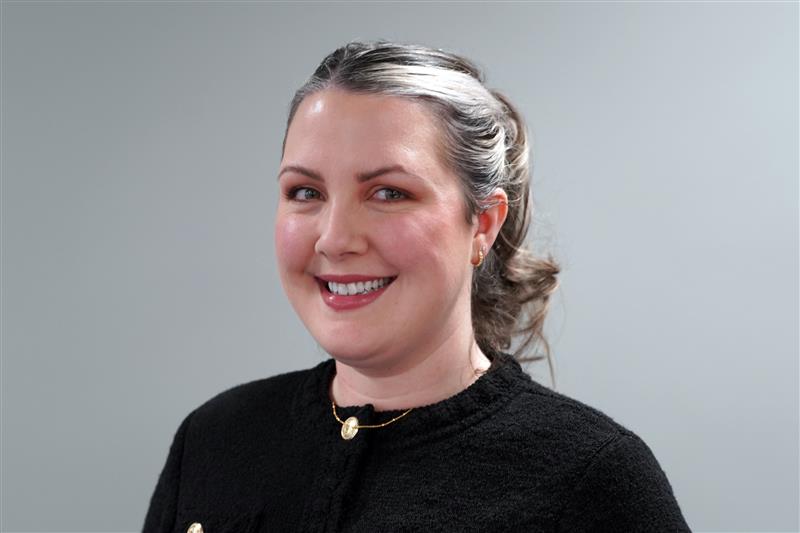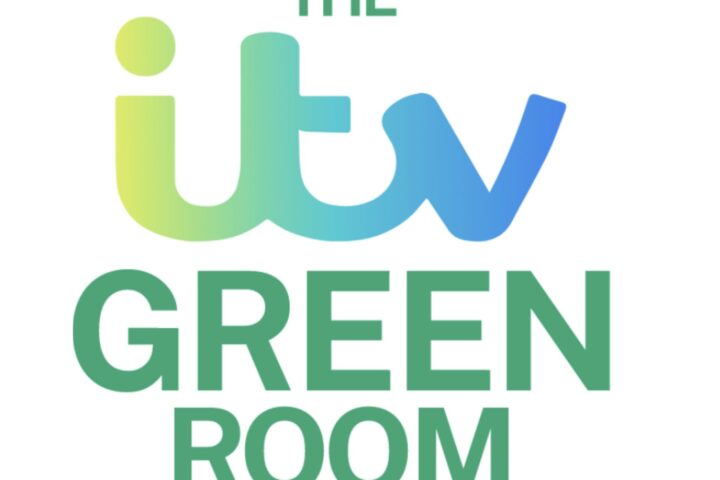In the lead up to International Women’s Day 2025, Holly Morrison, national account manager at Paragon, shares her journey in financial services, the challenges women face in male-dominated industries, and the importance of fostering inclusive workplace cultures.
She discusses the role of confidence, the power of femininity in leadership, and how businesses can create truly equitable environments for women in the workplace.
How did starting your career at a young age shape your approach to leadership?
I never had a set career plan – I simply took opportunities as they came. I started in financial services at 17, working at the Dunfermline Building Society, and within six months I moved into mortgage underwriting.
That was in 2007, when business was booming, but the financial crash hit and suddenly everything changed.
I transitioned into arrears management, then became a PA, and later moved into sales.
Because I started young, I often had to prove myself. People would assume I lacked experience or wouldn’t take me seriously. That taught me to be fearless – if I didn’t put myself forward, I knew no one else would.
Leadership, for me, has always been about being adaptable and trusting my ability to learn and grow.
What challenges have you faced as a woman in financial services, and how did you navigate them?
Being young and female in a male-dominated industry meant I often felt underestimated. I remember sending out department-wide emails and having colleagues walk over just to point out a minor spelling mistake – not to be helpful, but to assert superiority. It wasn’t just men who did this; sometimes, women in senior roles were equally critical.
One of the biggest challenges has been overcoming my own self-doubt. I’ve been in meetings where I’ve had a great idea but hesitated to speak up, only to watch a male colleague say the same thing and get praised.
That was a turning point for me – I realised that my hesitation was holding me back. Now, I remind myself that if I’m in the room, I have a right to contribute.
Do women need ‘thick skin’ to succeed?
Yes and no. Ideally, no one should have to develop a thick skin just to be treated with respect.
But realistically, workplaces can be tough environments, and women often feel pressure to suppress their emotions to avoid being seen as weak.
If someone says something belittling, my instinct might be to feel upset. But I wouldn’t want to show that vulnerability in a professional setting, because there’s still a stigma around women being ‘too emotional’ at work.
At the same time, I question why we should have to hide our natural responses. If something is inappropriate or unfair, why shouldn’t we react honestly?
I think that’s something workplaces need to think about.
Have you felt the need to adopt a more ‘masculine’ leadership style?
No, and I think that’s been one of my strengths. There’s an expectation that women need to be more assertive or authoritative to be taken seriously, but I’ve never changed my approach.
My leadership style is empathetic and collaborative, and I’ve found that it works.
I’ve seen first-hand how having women in leadership changes workplace dynamics.
In male-dominated spaces, conversations tend to centre around football or golf, which can feel exclusive. But when women are present, discussions naturally broaden – there’s more talk about family, life outside of work, and different perspectives.
These conversations help build deeper relationships and a stronger team culture.
One of my former bosses once told me that after I started working closely with a particularly blunt colleague, his entire communication style softened – not just with me, but in general.
That was a powerful reminder that femininity in leadership isn’t a weakness. It’s an asset.
What can companies do to support women in the workplace?
One of the biggest gaps is confidence-building for women returning after career breaks. Many women take time off for caregiving, whether for children or elderly parents, and when they return, they struggle with imposter syndrome.
Businesses need structured support – mentorship programmes, networking groups, and clear career progression pathways. Flexible working policies also make a huge difference.
I was happy when my company introduced a fertility policy at my company to ensure people going through IVF – or supporting a partner through it – had the necessary time off. Small changes like this create a workplace where people feel valued and supported.
International Women’s Day can sometimes feel like a corporate box-ticking exercise. What’s the best way for businesses to mark the day meaningfully?
By sharing real stories. It’s easy to post something about diversity on LinkedIn, but real progress comes when we see visible role models.
Businesses should highlight the experiences of women at all levels of leadership and provide tangible steps for growth.
Representation matters, but it needs to go beyond performative gestures.
What’s one immediate change businesses could implement to create a more equitable workplace?
Flexibility. Women often bear the brunt of caregiving responsibilities, and rigid work structures make it difficult for them to progress. Companies that support flexible working attract and retain top talent.
Another key area is helping women reintegrate after career breaks. Finance, for example, moves fast – being out of the industry for a few years can be daunting.
Workplaces should offer refresher training and structured re-entry programmes to rebuild confidence.
What’s the best career advice you’ve ever received?
Never go to your boss with just a problem – go with a problem and two possible solutions. That advice has stuck with me.
It shifts your mindset from identifying issues to proactively solving them, which makes you stand out as a leader.
If you could give one piece of advice to young women entering the workplace, what would it be?
Stop waiting until you feel ready. No one has it all figured out.
The most successful people aren’t the ones who have all the answers – they’re the ones who take the leap anyway.
Speak up, take risks, and trust that you’ll figure things out along the way.

















